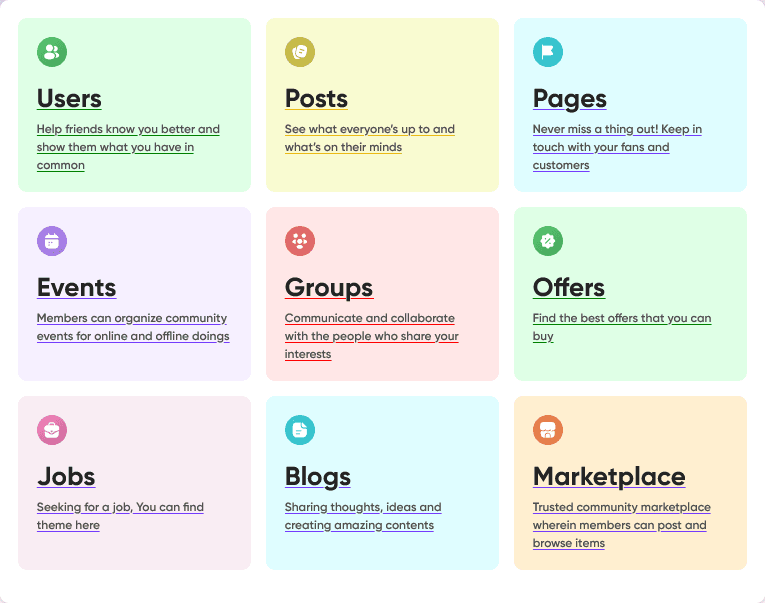In today's global economy, businesses need reliable data to make informed decisions. A comprehensive worldwide trade database provides invaluable insights into international trade flows, market trends, and economic opportunities. From small businesses to multinational corporations, access to an extensive worldwide trade database can be a game-changer for companies looking to expand worldwide.
Why a Worldwide Trade Database is Essential for Businesses
Companies across industries rely on a worldwide trade database to analyze and optimize their trade strategies. Here are a few key reasons why businesses use these databases:
- They provide real-time trade data from multiple countries.
- They allow businesses to track import and export activities by product category.
- They help in identifying new trade opportunities and untapped international markets.
- They assist in monitoring competitor movements and global trade patterns.
Key Features of a Worldwide Trade Database
A high-quality worldwide trade database offers several features that enhance its usability. Some of the critical features include:
- Comprehensive trade statistics covering multiple industries.
- Advanced filtering options to analyze trade by country, commodity, and value.
- Customizable reports that facilitate quick business decision-making.
- Data visualization tools like charts and graphs for easy interpretation.
- Access to historical trade data, allowing trend analysis over time.
How Businesses Benefit from a Worldwide Trade Database
Businesses leveraging a worldwide trade database gain strategic advantages in several ways:
Improved Market Research
By using a worldwide trade database, businesses can identify demand and supply trends in different regions. This helps companies in planning their expansion strategies more effectively.
Risk Management
Being aware of fluctuations in international markets helps companies mitigate risks associated with global trade. A worldwide trade database allows businesses to anticipate challenges and prepare alternative strategies.
Competitive Advantage
Monitoring competitor activities through a worldwide trade database gives companies the upper hand. Businesses can track competitors’ trade volumes, pricing strategies, and target markets.
Choosing the Right Worldwide Trade Database
Not all trade databases are created equal. Here are some factors businesses should consider when selecting a worldwide trade database:
- Accuracy and reliability of trade data.
- Frequency of data updates to ensure real-time decision-making.
- Ease of use and accessibility of the platform.
- Coverage area – ensure the database includes relevant markets.
- Availability of support and customization options.
Future of Worldwide Trade Databases
As global commerce evolves, the role of a worldwide trade database will become even more critical. Emerging technologies such as artificial intelligence and blockchain are expected to enhance the accuracy and transparency of trade data. Companies that leverage these innovations will gain an even greater competitive edge in international markets.
For businesses seeking reliable global trade insights, choosing a well-structured and credible worldwide trade database is a crucial step toward success.























